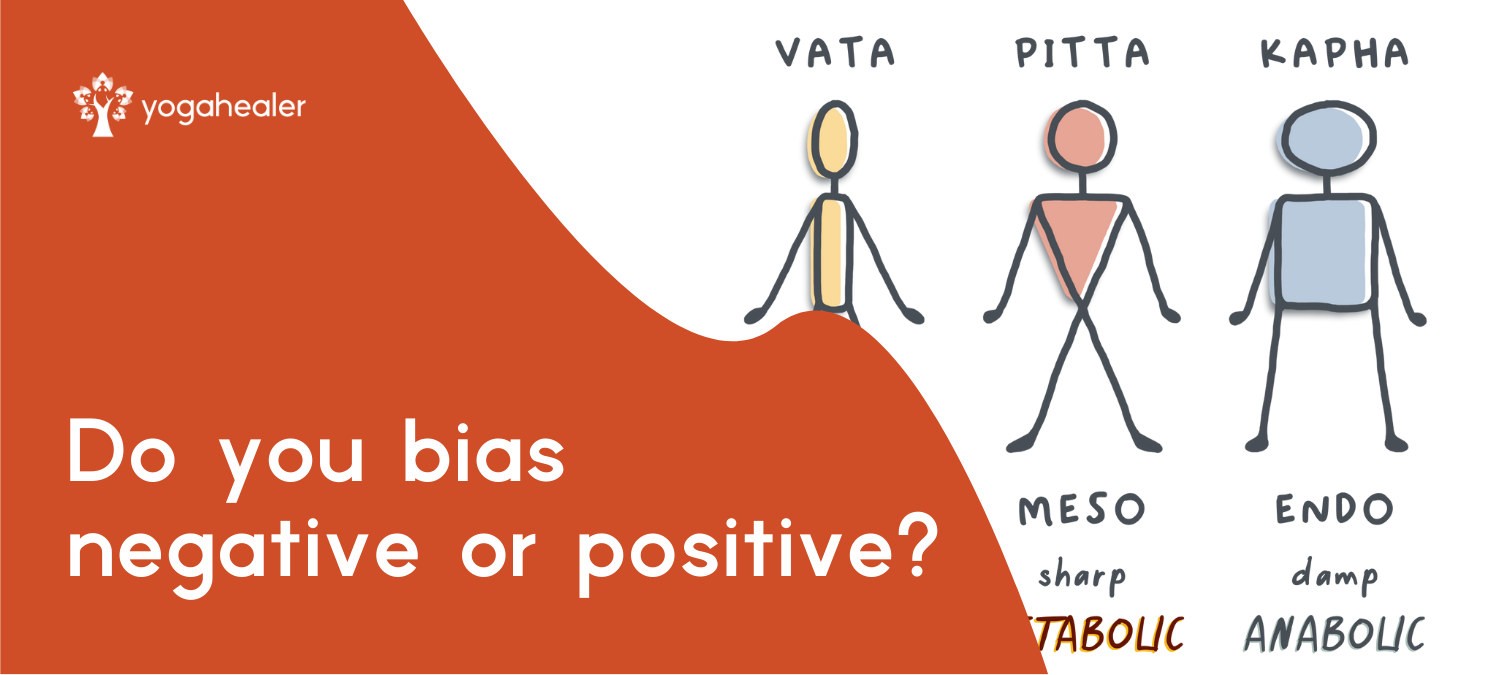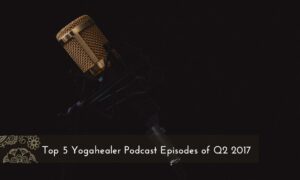My hell-bent passion of inhabiting an awake body…
and deep vibrant living…
led me to uprooting my negativity bias.
Slowly.
With positive stressor habits.
Now, looking back on my teen years, young adult years, and even on subtler level adult years I see layers of negativity bias peeling back.
If you BIAS negative you’ll relate to one or more of the characters below. Note which one:
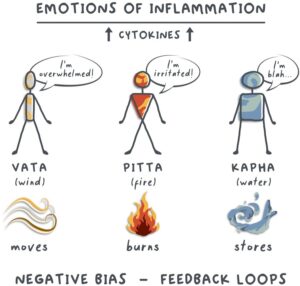
I’m really not sure when I took on negative bias.
Honestly, it may have started with my fairly traumatizing birth… in the sort of way separating mother from infant and keeping infant in incubator for the first few days is traumatizing.
Your emotions are super intelligent.
Your emotions give you a moment by moment view of your body chemistry.
Find out how you are doing with EMOTIONAL INFLAMMATION
Calculate Your Inflammation Quiz + 1-1 Session
Particularly how much allostatic load – or chronic stress – is creating chronic inflammation.
Chronic inflammation looks like this in the emotional body. Life weighing you down. No natural buoyancy of the force of positivity behind your back.
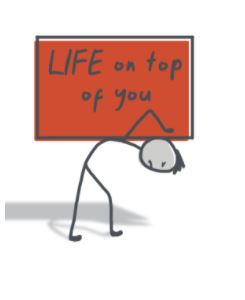
What is NEGATIVITY BIAS?
“When inflammation overloads the system, negative emotions overwhelm cognitive function. The person develops a negative bias. Negativity Bias’ is our proclivity to tune into negative information far more than positive information. The negative bias is our tendency not only to look for negative stimuli…but also to dwell on the negative as it shows up in everyday life!”
(What Is the Negativity Bias? By Kendra Cherry)
Would you rather have POSITIVITY BIAS?
Positive stressors – or eustress versus distress – motivate and focus energy, are short-term, feel exciting and improve performance.
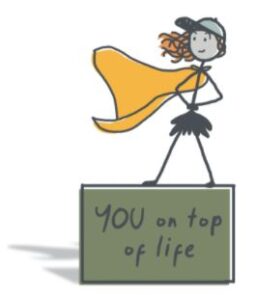
Positive stressors beget positivity bias. Which means… you don’t just wake up with positivity bias, unless you have enough automated daily habits that are positive stressors.
Positive stressors are good for your long game.
In your short game, keep you on target.
Do hard things first.
When you do the hard thing first – hydrate, exercise, fast, go to bed early enough so you wake early… you build your habits on positive stressors.
Then you wake up, everyday, with positive bias.
And your life gets WAY BETTER.
For example, intermittent fasting is a positive stressor habit. Intermittent fasting is where you actually deprive yourself of any nutrition, either for a few days a week, or for more hours per day. As a habit. Not now and then. As a positive stressor habit.
And what happens when you stop the cycle of overfeeding?
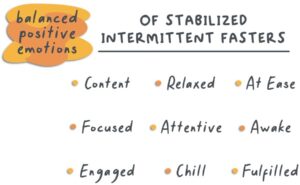
The rest of life gets easier and you get smarter.

